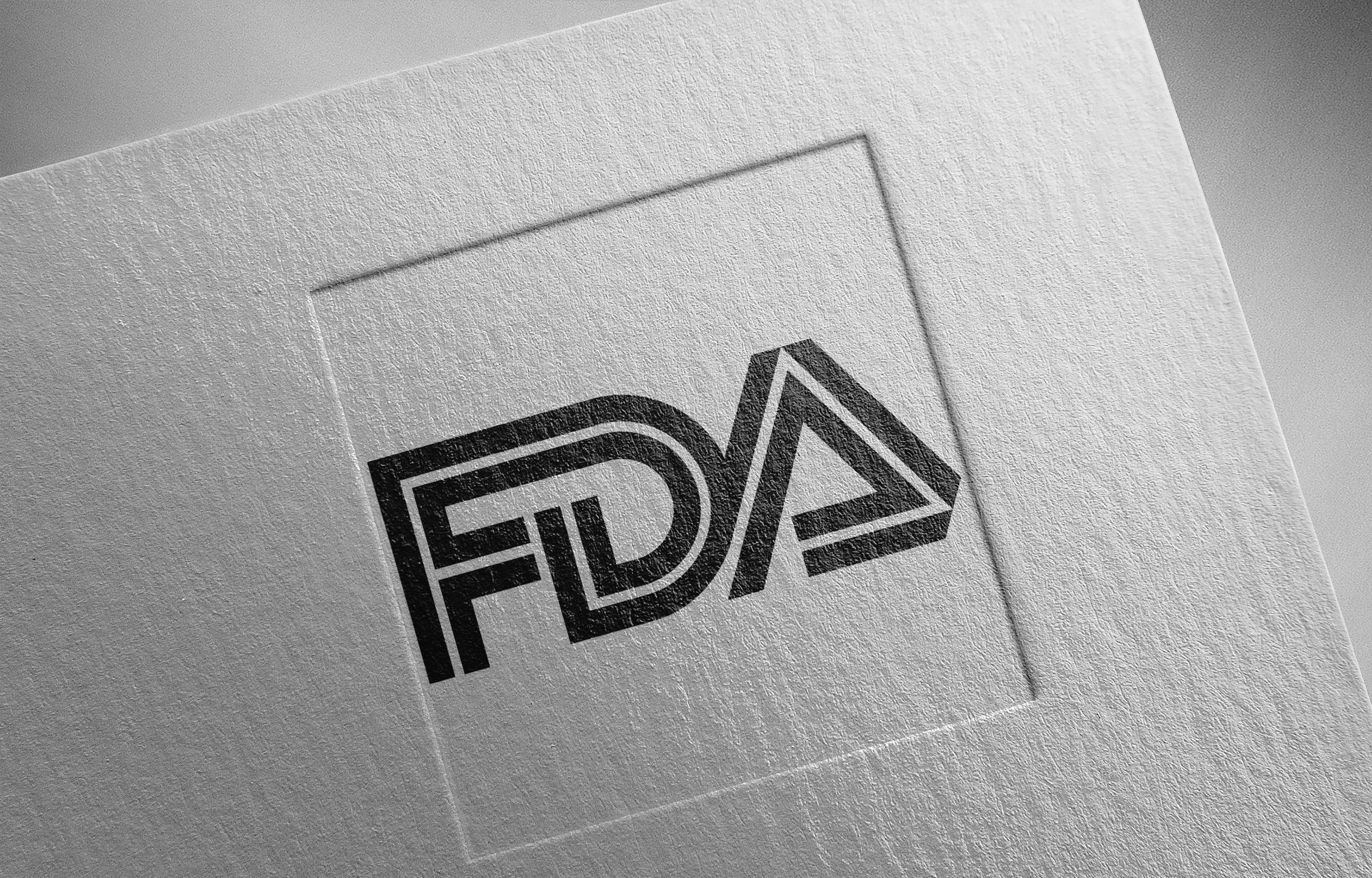Leniolisib approved as first treatment for PI3K-delta syndrome in patients 12 years and older
Leniolisib is the first and only treatment approved in the United States for APDS, a rare primary immunodeficiency.
FDA | Image Credit: © Araki Illustrations - © Araki Illustrations - stock.adobe.com.

Leniolisib (Joenja; Pharming Group N.V.) tablets have been approved by the FDA as the first treatment for activated phosphoinositide 3-kinase delta (PI3Kδ) syndrome (APDS) in adult and pediatric patients 12 years and older, the administration recently announced.1
The oral, selective PI3Kδ inhibitor is the first and only treatment approved in the United States for APDS, a rare and progressive primary immunodeficiency, according to a press release.2
Individuals with APDS often have low numbers of certain types of B cells and T cells, cells that are necessary to recognize and attack viruses and bacteria to prevent infections. APDS causes patients to develop recurrent infections, particularly in the respiratory tract, ears and sinuses.1
Those with APDS can develop enlarged lymph nodes, tonsils, and other organs, potentially causing obstructions in the airway and gastrointestinal tract.1
Mutations in the PIK3CD or PIK3R1 genes that encode a protein called phosphoinositide-3 kinase d (PI3Kd) causes APDS. PI3Kd is important for the normal development and function of white blood cells in the body.1
“The FDA approval of [leniolisib] is an exciting moment for the APDS community and offers to transform the treatment pathway for patients and families affected by this rare disease,” said Eveline Wu, MD, MSCR, division chief, pediatric rheumatology & associate professor of pediatric rheumatology and allergy/immunology at The University of North Carolina School of Medicine. “This approval means that they will, for the first time, have access to an approved treatment, which has the potential to change the standard of care for the patient population suffering from APDS.”
The approval of leniolisib follows positive data from a study (NCT02435173) evaluating the drug’s efficacy. The trial was a 12-week, blinded, randomized study evaluting leniolisib in 31 adult and pediatric patients 12 years and older with confirmed APDS-associated genetic PI3Kδ mutation, with a documented variant in either PIK3CD or PIK3R1.1
The coprimary efficacy endpoints were improvement in lymphoproliferation (reduction in lymph nodes size) and the normalization of immunophenotype as measured by the percentage of naïve B cells out of total B cells.1
To assess improvement in lymphoproliferation, participants received MRI or CT scans based on clinical practice and local regulation.2 Imaging of the neck, chest, abdomen, and pelvis was performed. The index lesions were selected from measurable nodal and extranodallesions, per the Cheson methodology.2 A maximum of 6 of the largest dominant lesions were selected and documented at baseline and at the end of treatment.2 Change in lymph node size was measured using the log10 transformed sum of product of diameters (SPD), the sum of the longest lesion diameter, and longest perpendicular diameter. A negative change from baseline indicated improvement, and a lower score indicated index lesions SPD reduction.
Change from baseline in percentage of naïve B cells out of total B cells at the end of treatment was figured by flow cytometry to evaluate the pharmacodynamic effect of leniolisib on B cell immunophenotyping, according to the study.2 A higher percentage indicated improvement.2
Of the 31 patents, 21 received 70 mg of leniolisib and 10 received placebo twice daily for 12 weeks. The study revealed at day 85, patients receiving leniolisib saw reduction in lymph node size and a 37% improvement in naïve B cells count compared to placebo.1
Leniolisib is expected to launch in the United States and be available for shipment in mid-April.3
Reference
1. FDA approves first treatment for activated phosphoinositide 3-kinase delta syndrome. FDA. March 24, 2023. Accessed March 27, 2023. https://www.fda.gov/drugs/news-events-human-drugs/fda-approves-first-treatment-activated-phosphoinositide-3-kinase-delta-syndrome
2. Pharming. Pharming announces US FDA approval of Joenja (leniolisib) as the first and only treatment indicated for APDS. March 24, 2023. Accessed March 27, 2023. https://www.pharming.com/sites/default/files/imce/Press%20releases/Leniolisib%20PDUFA%20Approval%20_EN_24MAR23.pdf
3. Study of efficacy of CDZ173 in patients with APDS/PASLI. ClinicalTrials.gov. Updated August 10, 2022. Accessed March 27, 2023. https://clinicaltrials.gov/ct2/show/study/NCT02435173
Having "the talk" with teen patients
June 17th 2022A visit with a pediatric clinician is an ideal time to ensure that a teenager knows the correct information, has the opportunity to make certain contraceptive choices, and instill the knowledge that the pediatric office is a safe place to come for help.
Meet the Board: Vivian P. Hernandez-Trujillo, MD, FAAP, FAAAAI, FACAAI
May 20th 2022Contemporary Pediatrics sat down with one of our newest editorial advisory board members: Vivian P. Hernandez-Trujillo, MD, FAAP, FAAAAI, FACAAI to discuss what led to her career in medicine and what she thinks the future holds for pediatrics.